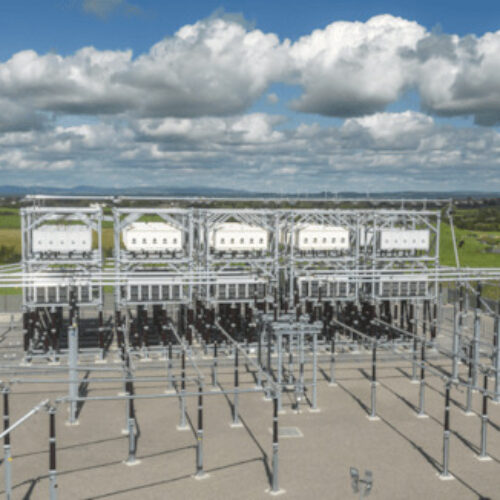Rachel Reeves, chair of the Business, Energy and Industrial Strategy select committee, has written to chancellor Philip Hammond requesting details behind the Treasury’s net zero sums.
Last week, a day after the House of Commons approved an amendment to the Climate Change Act bringing the net zero recommendation into law, Reeves wrote to the chancellor arguing that recent media reports surrounding the Treasury’s role in achieving emissions reduction targets had “created some confusion”, and sought to pin down specific details on both the government’s position and HMT’s role.
Chief among Reeves’ questions is the government’s estimated cost of achieving a net zero economy by 2050 which, at £1 trillion, is 40% more than the Committee on Climate Change’s (CCC) own cost expectation.
The £1 trillion figure first appeared in the press in early June after the Financial Times published a letter sent from Hammond to Prime Minister Theresa May, stressing that it would be essential to fully consider the implications of a more ambitious target before adopting.
Hammond then stated that while the CCC estimates the cost of decarbonising to net zero to be around £50 billion per year, the Department for Business, Energy and Industrial Strategy’s estimate places the figure at £70 billion.
While both figures are well within the Climate Change Act’s economic cost of 1 – 2% of GDP, that there is such a discrepancy between the two estimates has triggered concern.
As a result, Reeves is not only seeking confirmation of the government’s net zero cost forecast, but also an explanation as to how that figure has been calculated and why it differs so widely from the CCC’s estimate.
The select committee chair has also sought to confirm whether or not the government subscribes to the CCC’s analysis that air quality and health benefits of net zero would partially, or even fully, offset the expenditure required to comply with the target, and pin down any modelling HMT has conducted on the cost of inaction associated with climate change.
Other questions issued to Hammond include details around any possible review of how a net zero transition will be funded, how the Treasury will ensure that the distribution of both costs and benefits is fair, and how – and by whom – the government’s intended five-year review of the net zero target will be conducted.
While there has been no response from HMT as yet, Reeves has said it “would be helpful” if the requested information was with the committee by 5 July to inform its evidence session with interim energy and clean growth minister Chris Skidmore, slated for 10 July 2019.
Amidst the fanfare of net zero legislation becoming law last week, Reeves’ letter could serve as an important reminder that there is much left to do for the law to crystallise.





